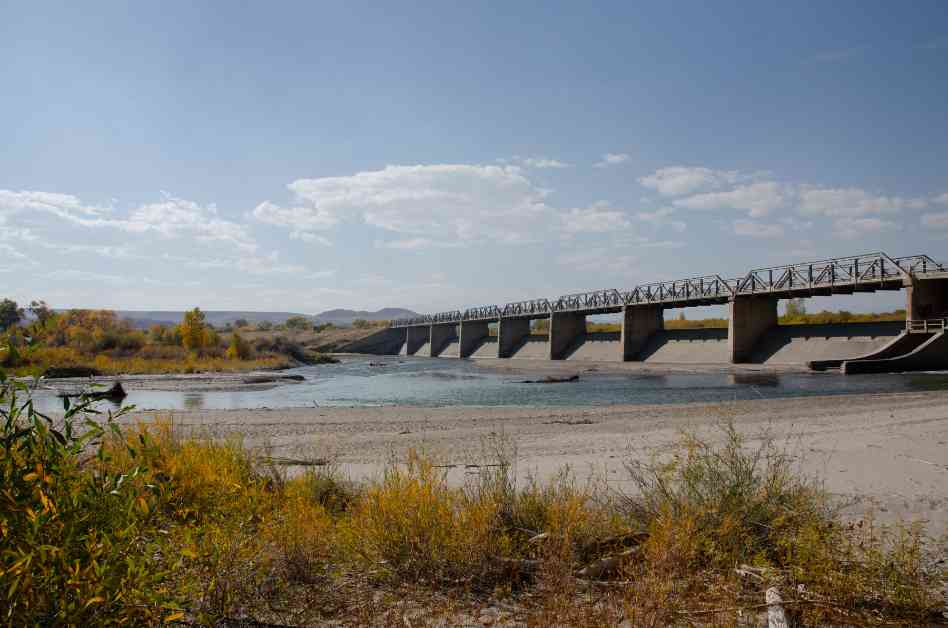The Wind River Indian Reservation in Wyoming faces a critical battle over water rights, with the potential for future scarcity looming large. Indigenous tribes on the reservation, particularly the Northern Arapaho and Eastern Shoshone, are fighting for control of the water within their boundaries against outside interests, particularly non-Indian irrigators represented by the Midvale district.
The issue of water sovereignty on the reservation has deep historical roots, dating back to an 1868 treaty that granted the tribes headwater rights to all the water within their 2.2 million-acre reservation. However, decades of state-led lawsuits and legislation have eroded tribal control over their water resources, culminating in recent proposals that further jeopardize their rights.
The tribes’ connection to water is not merely utilitarian; it is a vital part of their spiritual, recreational, and cultural heritage. As climate change exacerbates water scarcity in the region, the tribes are increasingly concerned about the future of their communities and the ecosystems that depend on the water from the Wind River mountains.
The proposed legislation by U.S. Rep. Harriet Hageman, aiming to transfer the defunct Pilot Butte power plant and its reservoir to Midvale, sparked outrage among tribal members. The bill symbolizes a continued disregard for tribal sovereignty and treaty rights, echoing a history of injustices and broken promises.
The tribes’ quest for water sovereignty is not without challenges. Decades of legal battles, mistrust, and adversarial relationships with state and federal authorities have created a complex landscape for the tribes to navigate. Yet, the urgency of climate change and the tribes’ deep-rooted connection to the land and water continue to fuel their fight for control over the Big Wind River.
Amidst these challenges, the tribes have found new allies in environmental nonprofits like the Greater Yellowstone Coalition, which support their efforts to reclaim their lands and assert their rights. The coalition’s involvement underscores the broader significance of the tribes’ struggle for water sovereignty, not just for their communities but for environmental justice and stewardship in the region.
As the tribes brace for future battles over their water rights, their determination remains unwavering. Despite setbacks and opposition, they stand firm in their commitment to protecting their resources, their culture, and their future. The fight for water sovereignty on the Wind River Indian Reservation is far from over, but the tribes are prepared to defend their rights and their way of life against all odds.














